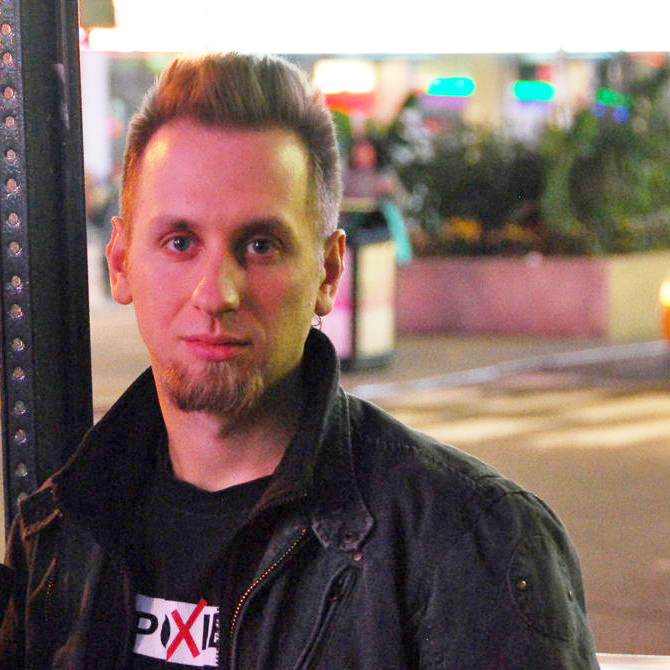Dr. Krzysztof Janowicz, will present “Exploiting Heterogeneity” as part of UCSB’s Center for Information Technology and Society’s lecture series on Thursday, October 11, 12-1 pm, in SSMS 2135 (LSIT Conference Room):
Abstract: “The so-called Fourth Paradigm describes a novel, data-intensive approach to scientific discovery. It is often characterized as the scientific perspective on Big Data. The underlying assumption is that the availability of data at a higher spatial, temporal, and thematic resolution will enable us to answer complex scientific and social questions that cannot be answered from within one domain but span across multiple disciplines. It will also result in a more holistic understanding of phenomena that are a consequence of the interplay of physical and social factors, e.g., global change. To address the arising new challenges and possibilities will require novel data management infrastructures that can handle scientific data across domains, embed data in scientific frameworks, and feed them into complex models and simulations.
Surprisingly, at their very core these envisioned new infrastructures are mostly distributed and integrated knowledge archives. The crucial first step, namely data publishing and retrieval, are mostly neglected and approached following old paradigms and often (leaving simple taxonomies aside) semantics-free keyword search in metadata catalogs. Instead, next-generation knowledge infrastructures could be envisioned as distributed knowledge engines. For example, using analogy-based reasoning, such engines could automatically propose relevant data sources and study areas for evaluation. Finally, working with interdisciplinary data and models will require novel interaction paradigms and user interfaces that actively support scholars in finding relevant data. Instead of requiring precise queries and a detailed knowledge of the accessed data and catalogs, these new interfaces should support browsing and navigating the global graph of interlinked data. This talk will give an overview and open the discussion how heterogeneous data sources can be exploited to answer complex search questions and how interaction paradigms can support users in exploring these data.”
According to its web site, the Center for Information Technology and Society (CITS) “is dedicated to research and education about the cultural transitions and social innovations associated with technology, particularly in the highly dynamic environments that seem so pervasive in organizations and societies today. We also work to improve engineering through infusing social insights into the innovative process. Faculty associated with our Center bring their diverse disciplinary perspectives—which range from Art and English to Sociology and Communication to Computer Science and Electrical Engineering—into conversation, forwarding cutting edge research across the engineering sciences, the social sciences, and the humanities.
Our research initiatives are equally diverse, ranging from ground-breaking research on social computing, to the role and effectiveness of technology in the classroom, to the role of technology in organizing community events. We study these and other relationships from the U.S. to Mongolia, and places in between. In addition to research, CITS also supports the optional Technology and Society Ph.D. emphasis, which is available to students in participating doctoral programs at UCSB from the College of Engineering, the Social Sciences, and the Humanities. The emphasis provides interdisciplinary training on the relationships between new media and society with intensive faculty involvement. CITS also hosts a number of public events, designed to bring our on-campus and off-campus audiences into conversation, including the CITS Distinguished Speaker Series, The Santa Barbara Forum on Digital Transitions, and our monthly Faculty Lecture Series.”



